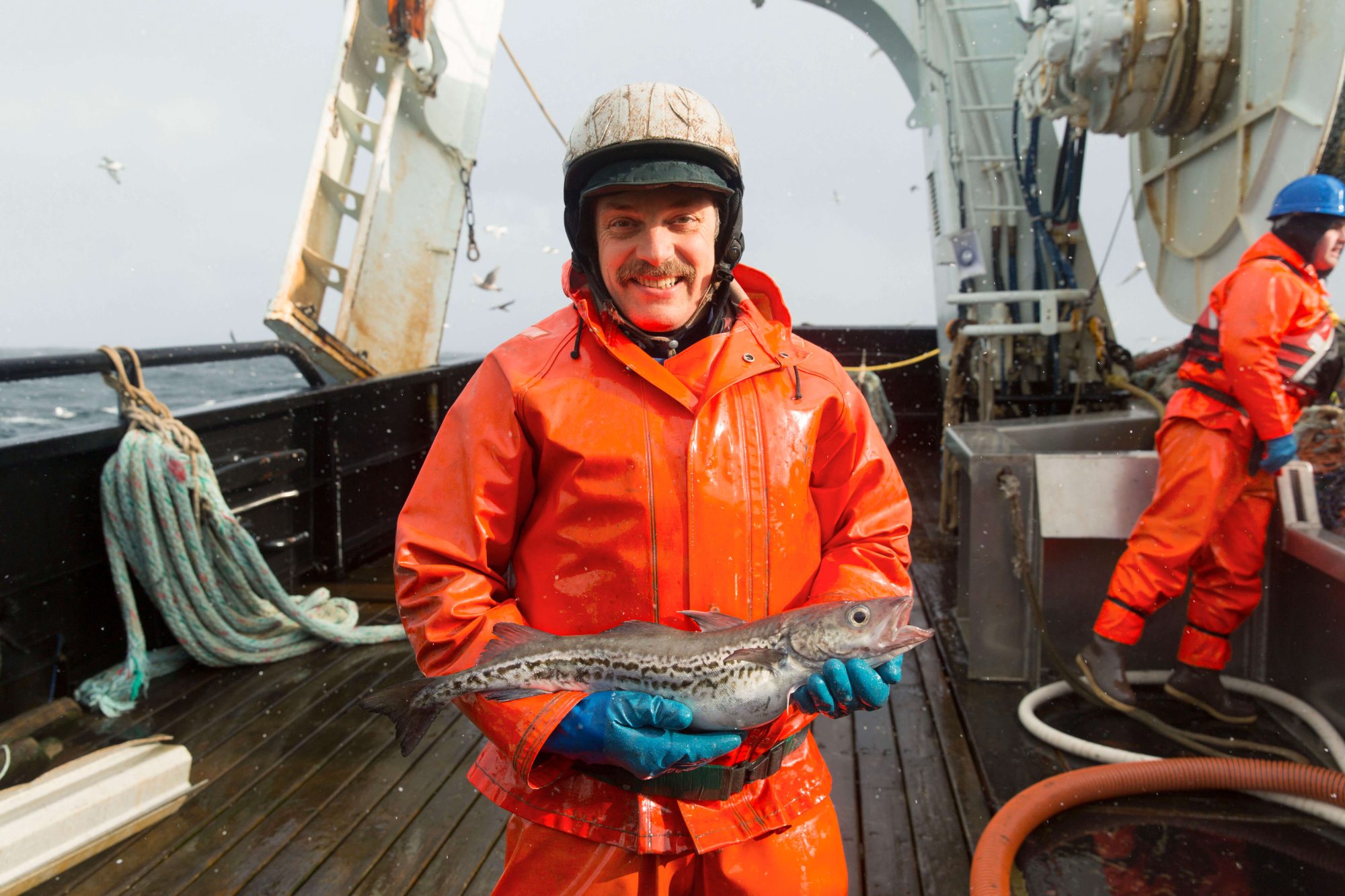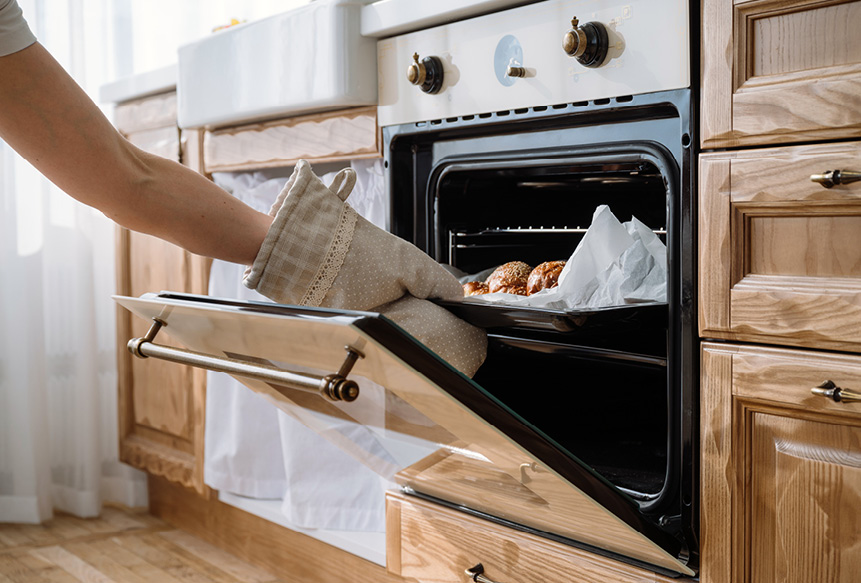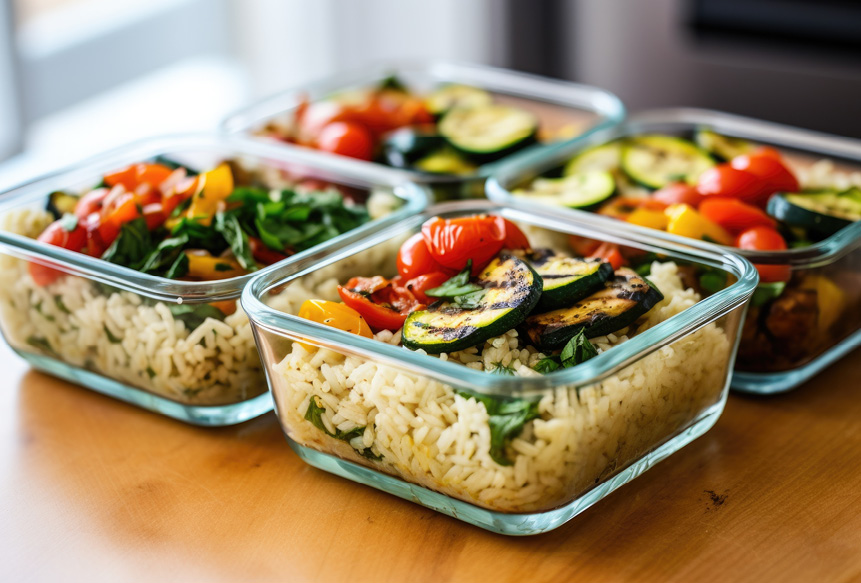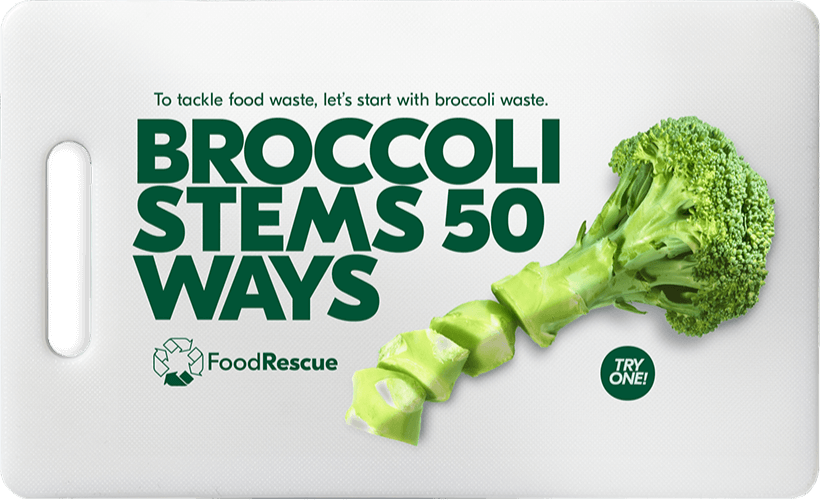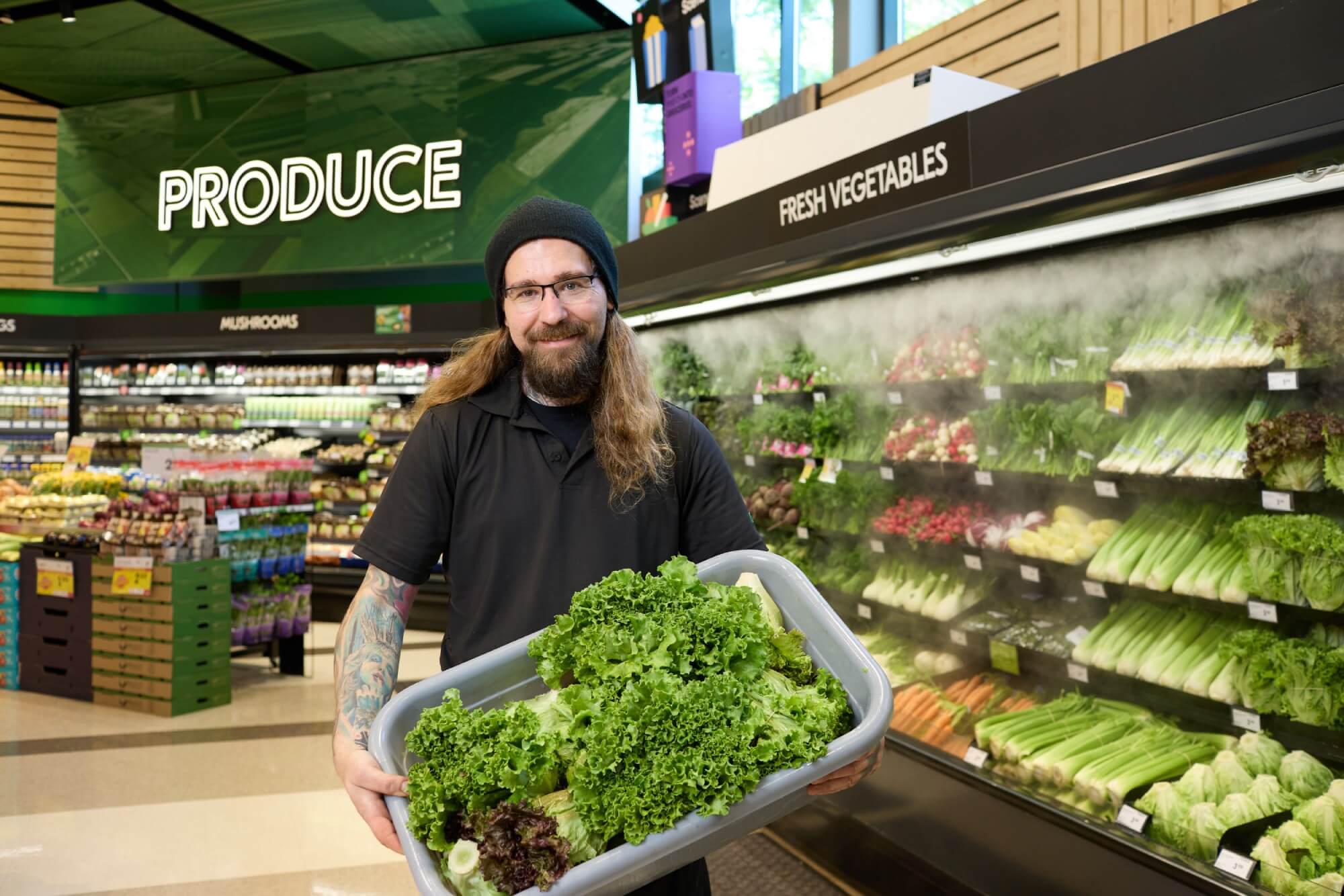Sobeys Liquor stores, Safeway Liquor stores, and Thrifty Foods Liquor stores in Saskatchewan, Alberta, and British Columbia have launched a very simple yet so successful beer can-holder recycling program.
It’s easy for us, a no-brainer – and there’s really no cost other than the blue bins. It’s a great service we can provide.
says Scott Laurie, Director of Operations at Sobeys Liquor in Alberta. “And now, every new store we open automatically becomes part of the program.”
This beer and sustainability plan couldn’t have been easier to initiate – the stores simply started collecting the colourful PakTech beer can holders in blue bins and asked local breweries to come and pick them up for reuse. Now in full swing, the program is just another way Sobeys can help build on the principles of a circular economy, improve efficiency, and reduce waste.
More than 300 breweries in three provinces are involved in the program.
PakTech holders are made with high-density polyethylene (HDPE), which has the highest recycling conversion rate of all plastics. It is produced from 100% recycled plastic – interestingly, mostly recycled milk jugs. Since 2012, PakTech has repurposed more than half a billion gallon-sized milk jugs into new packaging handles, keeping roughly 80 million pounds out of the waste stream.
When you can’t recyle, reuse.
“It was the brewers who came to us,” Scott says of the initial idea.
The beer store recycling program began in early 2022 when one of Alberta’s larger breweries – Blindman Brewing, a member of the Alberta Brewers Association – approached Scott’s team.
“They said, ‘Hey, we’re piloting this project. Would you like to be part of it?’ And we said, ‘Absolutely.’ It’s easy for us, a no-brainer – and there’s really no cost other than the blue bins. It’s a great service we can provide.”The store cashiers offer them to customers buying loose tins to carry out, and blue bins are set up in high-traffic areas in-store for people to drop holders off. When the bin is full, a local brewery was contacted to come pick them up, so they could be cleaned and used again.
“That was sort of Phase 1,” Scott says. “Next, the Alberta Gaming and Liquor Commission got involved and began collecting the holders for everyone when making their deliveries to the stores. Now, we just send the holders back with the truck that supplies our products.”
Later on, the brewers are alerted to come to get them.
“They have kind of a big sorting party,” Scott continues, “where the breweries get together and sort them all into colours – ‘I’ll take all the gold ones, you take the red ones,’ and so on – and they reuse them all again.”
More than 300 breweries in the three provinces are involved in the process. In addition to the recycling benefits, the brewers also keep their costs down by not having to continually buy new holders.
Holders that are left over or broken are shipped to British Columbia to be processed into plastic pellets before being sent back to Eugene, Oregon, where PakTech is based. Then, the production process starts all over again.
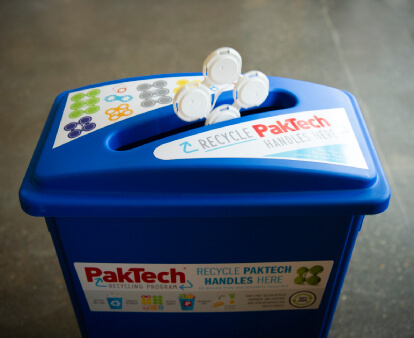
Taking simple and sustainable steps.
PakTech is a leading producer of sustainable packaging, working with established retailers for more than 30 years. The pellets can be used not only for beer holders but also for composite lumber, flowerpots, pipe, park benches, and much more. Almost a billion recycled milk jugs have been used to make PakTech products, saving almost 55 million kilograms of plastic from landfills and oceans.
Almost a billion recycled milk jugs have been used to make PakTech products.
There’s no question that this green initiative helps reduce plastic waste. Even a small step like this can make a big difference.
You can do your part by bringing those plastic can holders back to the store for reuse. It’s just one of the many ways you can help Sobeys keep the circular economy in motion.
